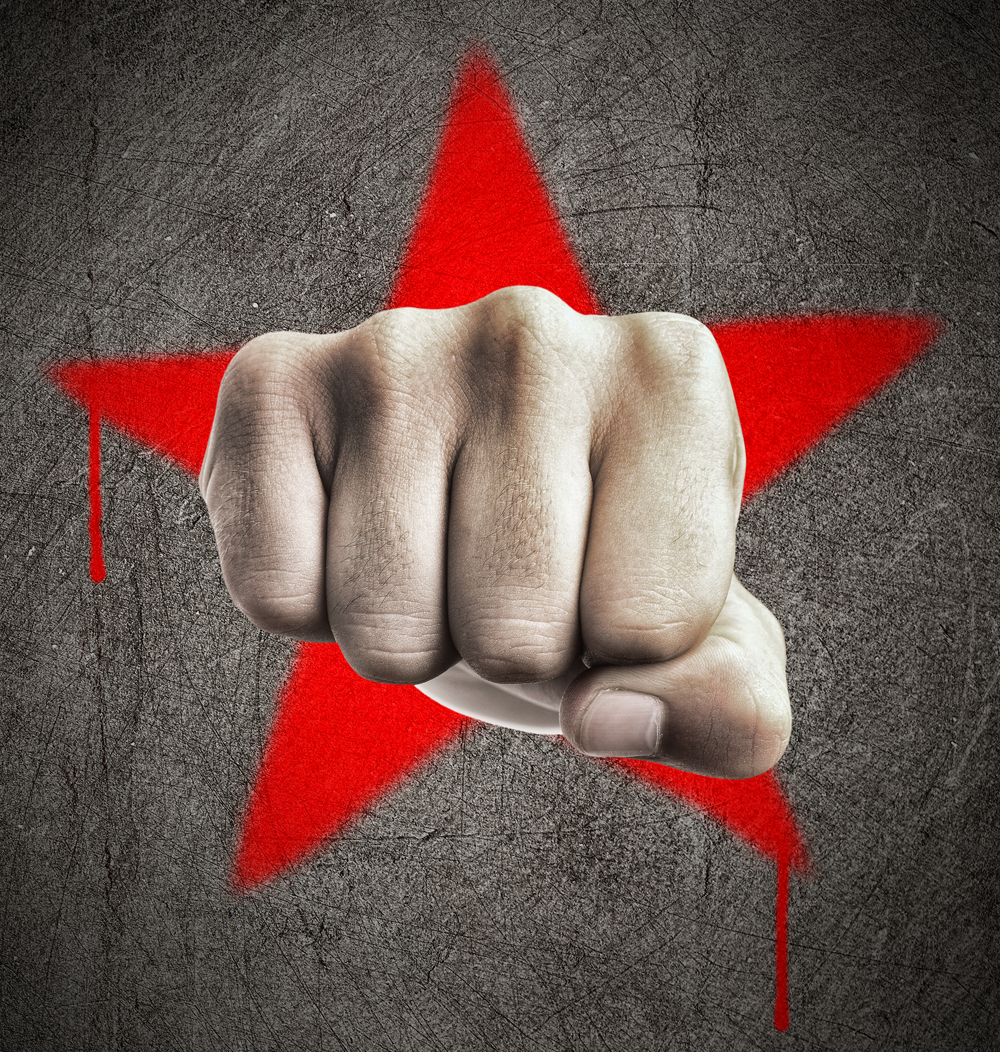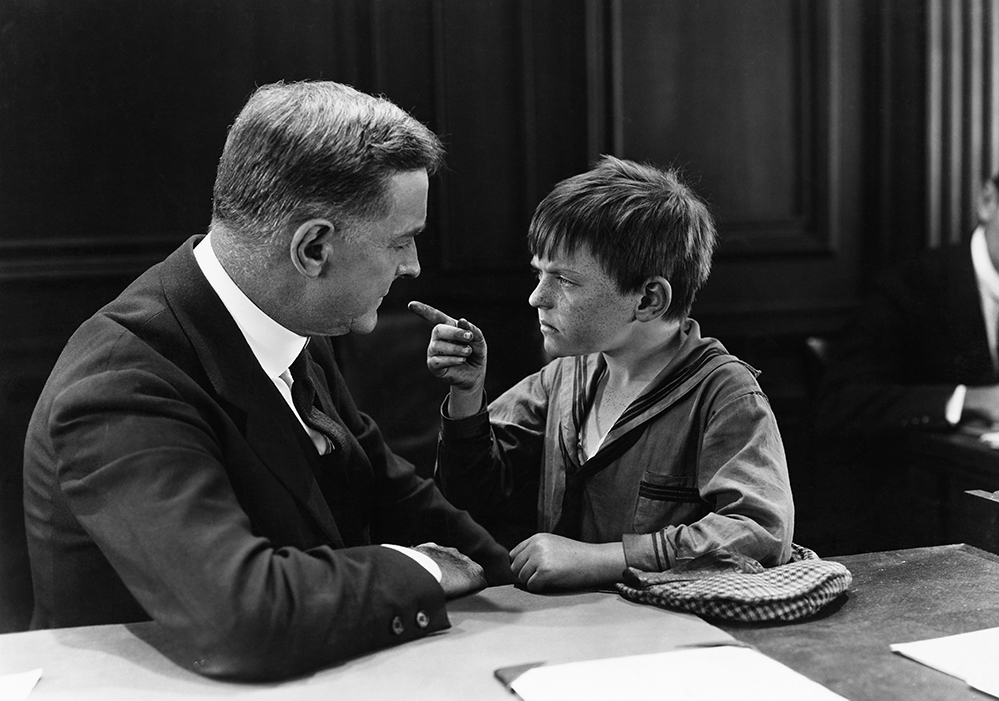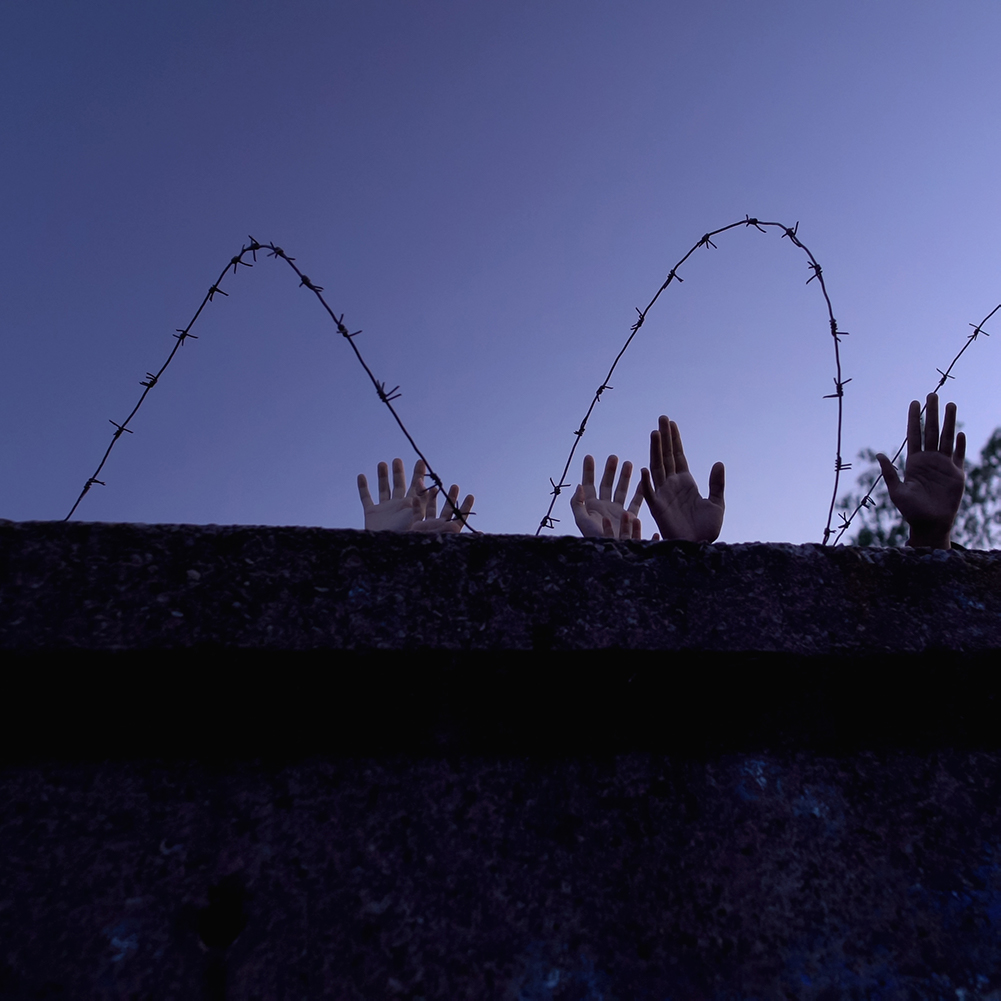The Rise of the Baltic Sea Alliance

The Beginning of the End?
Mystics, prognosticators, and mythographers of all stripes have all claimed that the Empire of Australia is destined to be the world’s uncomparable power for an indeterminate period of time. These same eccentrics have often claimed that the power of the Empire derives from some secret source. Some have said witchcraft. Some have said that Loki or some other god is responsible. Others claim that the line of queens is otherworldly—that they are in fact alien beings bent on subjugating all of humanity to their will.
Many of these same people claim that the Empire is one day destined to fall. The method of its fall is equally shrouded in mystery and speculation: a flaming red comet; a devastating plague; a series of violent monkey attacks. The list goes on and on and on and gets crazier and crazier.
For those of us who lack a suite in Wimahl Psychiatric, however, the reality is that the history of the world has shown us that power rarely remains so reliably lodged in one location for long. By the standards of history, the Empire is the most successful political entity in the history of the world by nearly every measure. It has lasted nearly twice as long as the Roman Republic, five times as long of the Golden Horde; and nine times as long as Alexander the Great’s vast conquests.
The oddness of this success is an aberration that has many in academic circles who study such things scratching their heads.
“For all its unusual history, and the history of the Empire is very unusual,” says Professor Ames Bartleme, “what is most unusual is that the whole thing hasn’t come crashing down, flying apart at the seams, and leaving a rubble pile throughout the globe. The mere fact that it’s still around at all is positively mind-boggling.”
Maybe all that is about to change.
A Prince and a Secret Agent Walk Into a Bar
According to leaked, secret documents the first time the two men met was in a bar in Paris. The same bar where Pablo Picasso allegedly wrestled a polar bear into submission: Vol de Fantaisie.
Harold was just sixteen years old at the time, not legally old enough to drink in France—unless you’re the crown prince of Norway. As Harold sat at the bar, sipping absinthe and admiring the Parisian women, a man twenty years his senior walked up and sat down next to him. The man spoke perfect French to the bartender, ordering a double Hrenovuha, and then spoke perfect Norwegian to Harold. The man introduced himself as Peter Petrokin, an alliterative alias, and the two started to bond over the beautiful and scantily clad Mademoiselles that populated the place.
Soon, the two were thick as thieves.
Peter bought an unopened bottle of Hrenovuha from the bar and the two retired to Harold’s rooms at the Hotel Saint-Marc with a half dozen fashionable French ladies of the night.
What blossomed as a result was a friendship that has only grown with time and each man’s rise to power in their respective countries.
For Harold, it was the birthright that he would ascend to the throne held for generations by his forebears. The House of Harold has ruled the Norwegian fjords for more than a thousand years, with only one brief interruption during the 1600s.
The other man at the bar has a very different story, of course. The man calling himself Peter Petrokin was in fact a decorated member of the RP, known famously throughout the Russian Empire as the man who decimated the espionage apparatus of Australia’s 1151 inside of the Russian government. All in all more than 30 agents of 1151 were executed in Peter the Great Square in 1989 as the Russian people watched live on television.
After that moment, the man calling himself Peter Petrokin rose tremendously through the ranks of the official leadership of the Russian government. In 1992 he was appointed Deputy Pro Consul pro tempore, became permanent Deputy Pro Consul a year later, and in 1994 he assumed the role of Pro Consul upon the death of Anton Ivanovich.
The world now knows that man’s true name: Vladimir Putin.
The Straw That Broke The Bear’s Back
Before 2010, both Russia and Norway enjoyed what could probably be considered favourable relations with the Empire of Australia. As commodities exporting states, both Russia and Norway were the beneficiaries of the Empire’s largesse. All three countries were governed by strong rulers who valued the stability of an iron-fisted executive. Their governments all stood against the more progressive streaks found in places like the Union of West African States, Gran Columbia, Cascadia, and Canada.
Succinctly put, they liked things their way and they usually got their way.
This began to change with Eleanor 32’s surprise attack on the Kingdom of Papua on November 5th, 2010.
What prompted the attack, officially, remains a mystery. It was believed that from a young age, Eleanor 32 had a preoccupation with Papua and its history of bellicosity toward Australia. Since Australia’s founding in 1151 the two countries have fought more than a dozen wars—a fact unusual in that despite its small stature relative to Australia, the Kingdom always manages to survive these encounters more or less intact. However, an uneasy peace had developed between the two countries for more than 123 years.
The attack on Papua wasn’t a direct threat to Russia or Norway or their interests. Instead, Kremlin insiders describe it as the straw that broke the bear’s back.
“It was a step too far. The Pro Consul saw it as an example of the Empire using its might to bully a neighbour that it didn’t like. The Empire has always done that sort of thing, true,” says Fyodor Pavlovitch, the Russian Ambassador to the Empire at the time, “But something about this episode just framed the relationship between Russia and Australia in a new way. The Pro Consul has a once-in-a-generation strategic mind and this attack was a troubling bellwether.”
Inside the Kremlin, aides argued about what action, if any, should be taken. They argued amongst themselves for days. Putin, meanwhile, was making plans.
In diplomatic cables leaked since that time show, Putin was immediately in contact with his friend Harold and they began to construct a plan to pull the one lever that gave them leverage over the situation: oil.
The Empire’s vast fleet of ships and planes requires a staggering amount of oil to power itself in times of war, and while Australia does produce some of its own oil and has extensive reserves, even a small upward fluctuation in the price of oil on the open market would impact the Empire’s ability to wage the kind of war that it wanted to against Papua.
Norway and Russia, between the two of them, control nearly one-fifth of the world’s oil reserves, but they couldn’t just turn off the spigots without damaging their own relationships with Australia.
This is where the Pro Consul’s deep background in spycraft and espionage became a benefit.
“Disaster” Strikes
The world’s largest oil refinery complex sits astride the borders of Norway and Russia on the Baltic Sea in a special cooperative economic zone developed in the early 2000s. It processes not only the majority of oil from both countries but also a sizeable chunk of oil that is shipped there from Grand Britain, Gran Columbia and even the Sultanate of Saud.
This complex would be the key to Putin’s plan.
The Norwegian King and the Pro Consul developed a plan. Agents of the RP would infiltrate a Polish terrorist group, WLNSC, and provide them with plans for the refinery complex and the means to shut it down for several weeks.
The plan was calibrated to provide a huge shock to oil prices in the short term but would fail to do lasting damage to the complex or to the economies of either Norway or Russia. A plausible scapegoat, in the form of a Polish nationalist group, would deflect ire from the two governments. A spike in worldwide oil prices of at least 35% was predicted as a result. The financial shock wouldn’t be enough to cripple Australia, Putin knew, but it might be enough to prompt a retreat from its ill-advised war.
On December 25th, 2010 operatives of WLNSC carried out the attack. By happenstance, the event coincided in quick succession with an oil rig explosion off the coast of Louisiana, the worst in the history of the Gulf of Spain, and a worker’s strike in Gran Columbia which shut down oil production there.
Oil prices increased 111% in the span of three weeks—providing a jolt to the world economy that was completely unexpected and plunged many major and minor economies into turmoil.
Suddenly, Eleanor 32 had an economic crisis to deal with—an event that proved a major distraction from her war against Papua.
Just as abruptly as it had begun, the attacks against the Kingdom stopped as Eleanor’s pet war had become too costly for Australia to maintain.
It was a tremendous coup de théâtre pulled off in stunning form by the Pro Consul and King Harold.
For the first time since perhaps the founding of Cascadia itself, the Empire of Australia had been bested in a power play.
The Birth of the Red Star Fist
Slowly, subtlely at first, the state-controlled media in Norway and Russia began to turn against Australia. Tabloids reported in graphic detail and scolding moralistic tones about the indecency of the Australian court. In Russia, these stories hewed closely to the moral positions advocated by the Russian Orthodox Church. In Norway, the tone was more fanciful and mocking. Both, however, began positioning the Australians as immoral, bestial, uncivilized.
Just as slowly, at a glacial pace, Russia and Norway both began to take positions on the world stage that ran counter to Australian interests. When Eleanor 32 began to funnel resources to the German Resistance Movement, for example, Russia and Norway publicly decried the German freedom fighters and sided vocally with France. Privately, the secret police in both Russia and Norway began sharing intelligence from their networks with the French.
A movement began to spring up in Norway and Russia centred around the idea of a counter-balance to the vast power of the Australians. It became informally known as the Red Star Fist—a reference to the red star flag flown at the special economic zone that housed the refinery that had been at the centre of Putin’s power play.
Graffiti began to appear in the cities of the north depicting the leaders of the two countries standing up to the evil empire. Cartoons were written depicting the Australians as conquering monsters.
Gradually, this idea spread throughout the two countries and eventually beyond their borders to France, the Ottoman Empire and even China and Siam—places where people had become sick of being pushed around by the Australians.
The Empress is Dead, Long Live the Empress
Eleanor 32, who came to be known throughout much of the world by the sobriquet “Red Terror”, died in her sleep at the age of fifty-eight on January 14th, 2014.
After an official three-day period of mourning, Eleanor 32 was laid to rest in the official cemetery of the Empire in New Bordeaux. On January 18th, 2014, Eleanor 33 was officially coronated in a ceremony attended by dignitaries from around the world including both Harold Haroldsen and Vladimir Putin.
Neither man had ever met the young woman and neither entirely knew what to expect from her. The line of Empresses has produced scholars, warriors, lovers, ne’er-do-wells, conquerers, crazies, and idiots. Predicting the temperament and actions of a new empress was a fruitless endeavour.
Neither man could have predicted what this new Eleanor would do, certainly, but what she did surprised everyone.
As the thirty-two-year-old monarch took to the podium for her coronation address she announced something truly shocking: the Empire had behaved badly for much of its history. From her position of power, she announced, she was privy to the truth of things long-held secret in the Empire. Many of these secrets had sickened her as she learned them.
What she was proposing now was not the whitewashing of history that had been done so much before, nor the continuation of business as usual between the Empire and her neighbours—neighbours who, because the sun never sets on the Empire of Australia, were located everywhere in the world. Everyone on the planet, she declared, were neighbours to the Empire. What she was proposing now was a “New Deal” between the Empire and those neighbours. This new deal would come from a place of humility. This new deal would come from a place of cooperation toward shared goals. Those goals would be rooted in mutual respect and mutual success. No longer would the Empire throw its weight around; instead, the Empire would work together with those nations willing to create a brighter future for all.
This was not even close to what Vladimir Putin and Harold Haroldsen were expecting to hear.
Public Reshuffling and Covert Action
What followed Eleanor 33’s coronation speech was a dramatic public reshuffling of alliances throughout the world.
Suddenly, the world’s great liberal democracies (Cascadia, Canada, Columbia, India, Iran, New England, and West Africa) found themselves working productively and proactively with what had once been their greatest nemesis.
Just as suddenly, a bevy of empires and monarchies that had once been so perfectly aligned with the Australian worldview now found themselves on the outs. Chief among these were Brazil, France, Kongo, Saud, Mamluk, and the founding members of the Red Star Fist: China, Siam, the Ottoman Empire, Papua, France, Russia, and Norway.
Another third of the world remained, officially at least, on the sidelines. The Sioux Nation declined to take a public position and attempted to work with both sides. Likewise for South Africa, Southwest Africa, Nigeria, Britain, Greater Korea and Japan. Dozens of smaller nations followed suit.
If all of this sort of leaves your head spinning, you’re not alone.
“The vast diplomatic and political realignment that’s taken place over the last five years around the world is truly astounding,” says Wimahl University professor Mari Sunniva, “To say it’s created a tumultuous situation would be a vast understatement. I think it’s safe to say that, on a global scale, the world has never been in a more precarious and dangerous position. When the Empire held unrivalable sway throughout the world it created a kind stability and predictability that allowed for a certain amount of security in the world. That security now is gone.”
A case in point is the covert action that is thought to have originated in the countries of the Red Star Fist.
While officially unproven, New Spain’s invasion of the Mayan Kingdom in 2015 is one example of this covert action.
“The Mayans and the other pocket nations of Central America have long been aligned with the Empire—a fact surely not lost on Vladimir Putin,” says Sunniva, “And while New Spain is officially unaligned, part of the Third World, it is exactly the sort of long-term destabilizing move that Putin would find appealing. The Neo-Spaniards have always wanted to control those lands to the south. There’s always been an anti-nativist element to their convetousness, a feeling of superiority because of their heritage. A feeling exactly like the one that Putin and Haroldsen have cultivated in their own nations.”
What followed, of course, was a refugee exodus, an environmental disaster, and a food crisis. Cascadia and the Australian’s have stepped in to help with the humanitarian aspects of the situation, and have pressured New Spain to halt their advances, but have stopped short of the kind of military action necessary to reverse the invasion.
“Everything’s in a wait and see scenario right now,” says Sunniva, “And New Spain is just one example of the kind of covert action being pursued by the Fist. It’s probably the biggest and the most visible, but it’s just one of many that are rumored to be in the works. The spy business is a growing one right now. Everybody is getting into the game.”
What the Future Holds
It’s easy to be despondent about what this means for the future of the world. History is full of stories about unstoppable forces meeting immovable objects. It never ends well. The reality is that one or the other usually proves to be stoppable or movable, but the fallout that occurs from trying to once again find equilibrium alters the landscape beyond recognition.
As we move into a new age, with powerful global forces reshaping everything around us, very little is certain.
“Maybe it’ll turn out one of those crazy rumors about the origins of the Empire of Australia is true,” says Sunniva, “Maybe there is a giant, magical, talking rabbit with the power to make and break Empires and one day we’ll wake up and it’ll all be gone and something new will be in its place.”
Sunniva turns her head to look out the window, as if imagining what the reality of such of crazy thing would look like, then turns back to me with a laugh.
“That would really be something if it were true,” but, she adds, “The reality is much more likely that this history, that this new situation, is just the latest example of people doing what people do: creating groups of us and them and then fighting it out over which group is better. The world keeps spinning and the universe keeps expanding and it all just keeps going on.”
Whatever the truth behind the Empire’s success, it now looks like it may have a powerful rival with the rise of the Baltic Sea Alliance and the countries that make up the Red Star Fist movement.
What the future holds, of course, we have only to wait and see.




